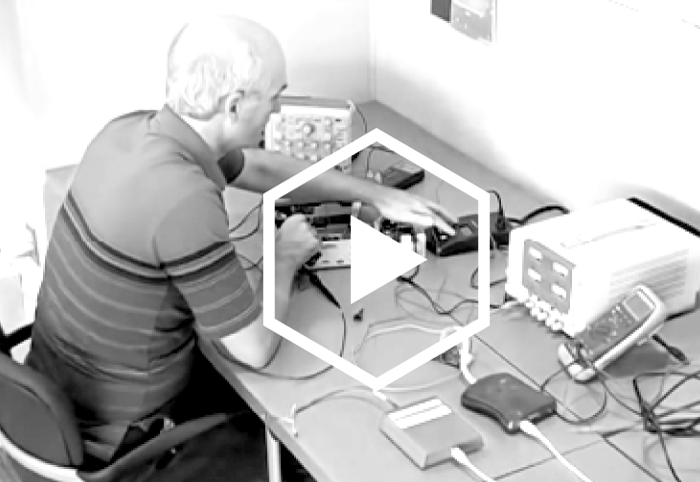For many companies, their end product is software. Software can easily fall afoul of patent and copyright law. Unlike other types of products, software can also be easily stolen by employees or competitors. As a result, issues of patent infringement, copyright infringement, and theft of trade secrets abound in this space.
In order to show a cause of action, it can be necessary to perform a reverse engineering of a product that is suspected of patent or copyright infringement, or that is thought to contain stolen proprietary source code. Nigel Jones is adept at reverse engineering software products, the results of which can be used to persuade a judge that production of source code is warranted. Once the source code has been produced, a full analysis and comparison can be made.
Nigel Jones has also been retained by the defendants in such actions.
Representative Case
Point 4 Data Corporation et al v. Tri-State Surgical Supply & Equipment Ltd., et al
Plaintiffs Point 4 Corporation and Dynamic Concepts sued Tri-State Surgical for tens of millions of dollars, alleging that Tri-State had circumvented the copy protection of an accounting software package. Nigel Jones was retained by the defendants to help them understand and respond to the plaintiffs’ technical claims.
At the heart of the case was a security dongle that plaintiffs supplied with their software in order to impose license restrictions. The defendants had continual problems with the dongle malfunctioning, resulting in their accounting and order taking system being inaccessible. After a particularly long outage, Tri-State paid a third-party to modify the binary image of the underlying software such that the dongle was no longer operative. When the plaintiffs became aware of this modification, they sued under various statutes, including claiming statutory damages under the DMCA for every time a Tri-State employee logged on to the software.
After examining the dongle and the relevant software, Nigel Jones was able to show a number of key things, including:
- That the dongle was being operated outside its design envelope and thus random startup failures were to be expected, consistent with the defendants’ experience. Since the DMCA has a specific exclusion for malfunctioning dongles, this was a very important finding.
- That despite the dongle no longer being operative, Tri-State’s computer configuration was such that Tri-State was still abiding by the terms of the license agreement in terms of the number of users. This finding effectively eliminated the plaintiffs’ claims that Tri-State should be forced to pay for an unlimited user license.
- That the actual security used by the plaintiffs was obsolete and easily circumvented, thus undercutting the plaintiffs’ claims for damages necessary to re-engineer their security systems.
After a multi-year litigation, the trial court ultimately entered judgement in Tri-State’s favor. Tri-State is now seeking an award of fees incurred in defending themselves against this action.



